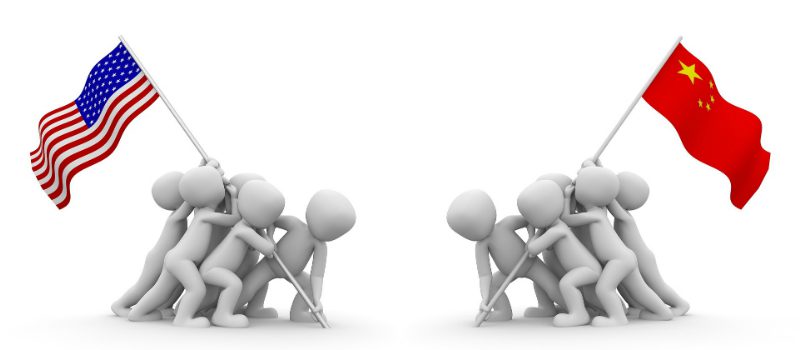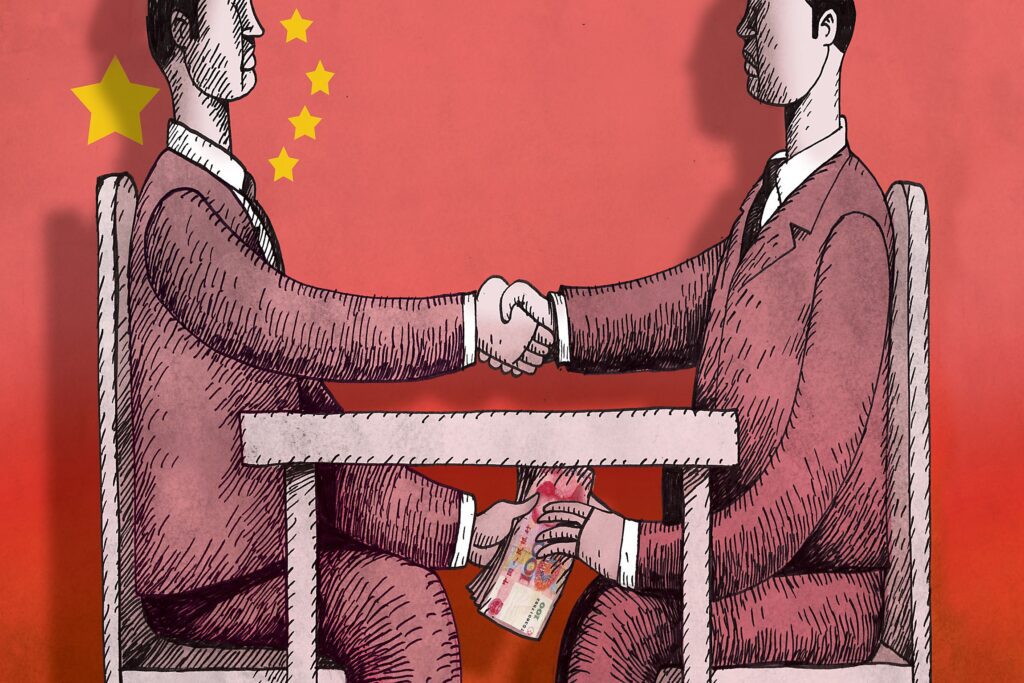Global trade tensions have been simmering from beginning of 2018 and have led to the Trade War between the U.S. and China.
With these ongoing trade conflicts, companies sharing business relations with either of these countries need to assess the impact these tariffs may pose on either their company or the industry they are operating in.
The following post offers insight on how businesses have adjusted their strategies to alleviate the effects of the Trade War.
In case you missed it, have a look at our previous piece here: Part 1: US – China Trade War explained
The current situation
The most recent development of the Trade War has seen the American president set additional tariffs on certain goods. $200 billion worth of Chinese goods now have a tariff of 10%, with the rate set to rise to 25% next year. China responded similarly, with tariffs being set on about $60 billion worth of U.S. imports, including many American agricultural products.
It’s imperative to understand that this specific trade spat differs from the disputes involving the NAFTA talks countries. As we mentioned in Part 1 of this series, the Trade War revolves around the struggle for technological leadership, national security and disputes on mutually accepted rules and regulations in industrial policy. In this light, the Trade War could last a long time, just as Jack Ma recently pointed out.
The challenges
The tensions between the U.S. and China are believed to have a long-lasting effect. Most likely, these will have continuous influence on U.S. – China relations even after President Trump has long left the office. Therefore, companies in both China and the United States seeking to preserve their trade activities must reconsider their business strategies.
Below are some of the most prevalent actions companies have undertaken to adjust to the trade disputes.
How companies can navigate the Trade War
-
Moving out of China
As a company that has most of its production based in China, accessing the U.S. markets will now pose challenges. An opportunity arises in relocating from China to anywhere else in the world, hence cushioning the impact of the sanctions.
This is how Advantech from Taiwan, the world’s no. 1 industrial PC maker, reacted to the news of added tariffs. Advantech representatives said that the Trade War is a wake-up call and requires them to rethink their production strategy. The company wishes to reduce their dependence on China and plans to add final assembly lines of Illinois. Additionally, Advantech plans to open more sales offices across the U.S. with hopes to expand their footprint in the U.S.
Similarly, major Taiwan-based original design manufacturers Quanta Computer and Wiwynn considered the move of their China production lines to Taiwan. Since production costs in Taiwan are higher than in China, the companies are conducting a feasibility study prior the move.
-
Partially moving out of China
Depending on the industry, moving entirely out of China is not entirely practical. Often in sectors like electronics, auto parts, medical services etc., the components of the products can account to most of the value of the final product. In this case, moving out of China is simply not feasible.
Such is the fate of Star Rapid, a company based in Zhongshan, China producing prototypes for about 400 American companies. They’ve noticed the companies they currently work for looking into options to change locations for final assembly. By finding a place where they can do the final transformation, the companies have found a cost-efficient alternative to moving the production of entire supply chains elsewhere.
-
Stay/Move to China
The trade tariffs have put U.S. firms, that are tied to international trade, in a clear state of disadvantage. When the main target market is China, the most beneficial strategy is to either relocate (even if partially) or keep the manufacturing facilities in China.
The American Chamber of Commerce (AmCham) in China had conducted a survey among its member companies between August 29 and September 5, 2018 to measure the impact of tariffs imposed by both the U.S. and China. The results confirm the concerns on how tariffs will affect the supply chain, however 64.6% of the respondents have not, and are not considering moving their manufacturing facilities out of China.
It’s noteworthy, that among the 430 companies participating in the survey, 44.4% of the respondents either produce or source goods or services in China for the China market. The survey results hint that indeed, companies with a China-strategy see the value in keeping their operations close to China.
Likewise, the survey results reveal the impact of tariffs on business strategies. Industries most seeking to source components and/or assembly outside the U.S. are primarily automotive, chemicals, machinery and aerospace.
Find your strategy
From the above examples it becomes clear that while the ongoing Trade War poses businesses with quite a few challenges, there are ways to tackle it. By assessing the challenges, opportunities and the specific needs of the company, it is possible to model a strategy that can help overcome any obstacles your business may face due to tariff disputes.
Looking for the best way to mitigate the effects of the disputes? Need advice on finding the best strategy for your company? Get in touch with our team for a consultation and follow us on social media to receive the latest news
Our experienced team has the necessary expertise and the know-how to support you with your business in Asia – have a look at the services we offer.
Also, don’t forget to follow us on social media to receive all the latest updates!
See how much salary you receive after tax and check your company value without leaving WeChat!
Also, our Mini Program can estimate the salary in your industry, for your experience level and position. A huge help for salary negotiations!







